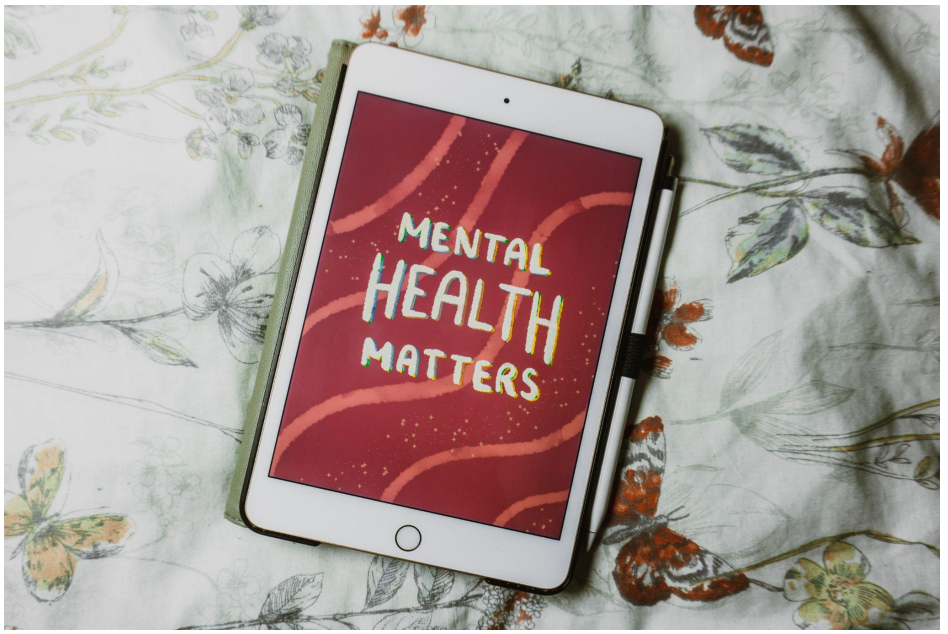
Women, in particular, need to keep an eye on their physical and mental health, because if we’re scurrying to and from appointments and errands, we don’t have a lot of time to take care of ourselves. We need to do a better job of putting ourselves higher on our own ‘to-do’ list.
– Michelle Obama
Mental disorders affect both men and women alike. However, according to studies from the National Institute of Mental Health (NIMH), women have historically been more likely than males to report poor mental health. This has also been the case during the COVID-19 epidemic. In the fourth quarter of 2020, 47% of women had anxiety and depression symptoms, compared to 38% of males.
Increased anxiety, sadness, sleep disturbances, and thoughts of suicide have been reported among college students as a result of emotional weariness brought on by COVID-19, racial stresses, and political instability. 56% of young adults aged 18 to 24 reported anxiety or depression symptoms in the previous year.
So, what are some things that female college students can do to improve their mental health?
Here are five suggestions for female college students on how to take care of their mental health:
1. Stay active.
Any type of exercise can benefit both your physical and emotional well-being. In addition, there are usually several young women’s groups on campus that can help you create a support network and enhance your health.

2. Become a member of a club or organization?
Finding a supportive group that participates in a healthy or relaxing activity can have a significant impact on women’s mental health.
3. Look for volunteer opportunities.
Volunteering is a wonderful opportunity to give back to the community while also meeting new people. Students who volunteered monthly were 7% more likely than those who did not describe themselves as “very happy,” according to research done by the London School of Economics. Those who volunteered at least once a week saw a 16% boost in their numbers.

4. Use therapy animals to your benefit.
According to research, college students who participated in a dog therapy program experienced less homesickness. Consider volunteering at a local animal shelter or humane organization if your college does not provide an animal therapy program as a treatment option. You’ll reap the benefits of both animal interaction and volunteer work.
5. Make sure you get enough rest.
Adults aged 18 to 25 require seven to nine hours of sleep per night, according to the National Sleep Foundation. As a busy college student, getting a full night’s sleep might be tough. Three to five days each week, over 46% of college women reported feeling “tired, dragged out, or sleepy during the day.” Make an effort to improve your health by getting a massage.
Mental health for college students is an essential component of campus health and well-being. Regardless of gender identity, colour, ethnicity, or socio-economic background, programs and resources must be adjusted to meet the requirements of various student populations. Based on the mental health resources available, these disparities can result in care gaps.

Women have reported higher rates of mental health-related concerns than men both before and during COVID-19. According to studies, men and women manage stress in different ways, regardless of the origins of stress or the physical and mental symptoms of stress. Hence, both women and the campuses they study at must take special care to maintain a healthy state of mental health
Blog By – Sreshta

